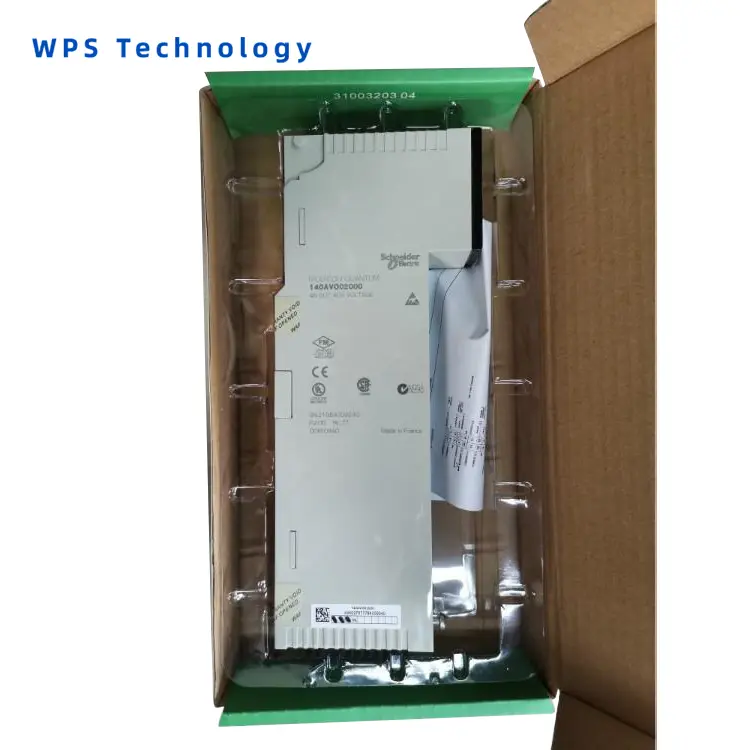What is a Processor Module? An In-depth Overview
2025-01-09
In the world of computing, the term processor module may seem a bit technical, but it plays a vital role in the performance of almost every electronic device today. From desktop computers to smartphones and embedded systems, processor modules are the brains behind the operation. This blog will delve into what a processor module is, how it works, and its significance in modern electronics.
What is a Processor Module?
A processor module is a pre-assembled unit that integrates the central processing unit (CPU), memory, and often other essential components like power regulation and peripheral interfaces into a single compact package. This module serves as the main control and computational element in electronic systems, enabling them to perform complex tasks such as data processing, computations, and input/output management.
In many applications, processor modules are designed to be embedded into larger systems, allowing for easier upgrades, repairs, or system expansions. These modules are widely used in industries like industrial automation, telecommunications, robotics, and consumer electronics.
How Does a Processor Module Work?
The processor module operates by executing instructions stored in its memory. When a system is powered on, the processor reads the boot code (often stored in non-volatile memory) and begins executing the system's startup processes. As tasks are requested by the user or other components, the processor fetches, decodes, and executes instructions while interacting with peripheral devices like sensors, displays, or storage devices.
In modern systems, processor modules can perform multiple tasks simultaneously (multi-tasking) and interact with many other components, such as graphics cards or network interfaces, to provide a seamless user experience.
Applications of Processor Modules
Processor modules are found in a wide range of applications, including:
- Embedded Systems: Processor modules are at the heart of embedded systems used in devices like medical equipment, automotive electronics, and home appliances. These systems often require a small footprint, low power consumption, and robust performance.
- Industrial Automation: In industrial settings, processor modules control machinery, robotics, and monitoring systems, ensuring smooth and efficient operations.
- Consumer Electronics: Smartphones, smart TVs, laptops, and gaming consoles all rely on processor modules to deliver the necessary computing power.
- Telecommunications: In telecommunications equipment, processor modules help manage communication protocols, data transmission, and device networking.
- Aerospace and Defense: High-performance processor modules are used in avionics, navigation systems, and military-grade equipment where reliability and durability are critical.
Advantages of Using Processor Modules
1. Compact Design: Processor modules integrate multiple components into a single unit, allowing for a smaller, more efficient design. This is particularly beneficial for space-constrained applications.
2. Ease of Integration: With a processor module, designers can focus on integrating the module into the system rather than designing the processor and related components from scratch. This reduces development time and complexity.
3. Power Efficiency: Many processor modules are designed with power efficiency in mind, making them suitable for battery-operated devices or energy-efficient systems.
4. Scalability and Upgrades: Processor modules can be easily upgraded or replaced to improve system performance without having to redesign the entire system.
5. Cost Savings: By using pre-assembled processor modules, manufacturers save on component sourcing, assembly, and testing costs, which can make the final product more affordable.
Processor modules are an integral part of modern computing, offering a compact and efficient way to integrate processing power into various systems. From consumer electronics to industrial automation, these modules provide the flexibility, performance, and reliability needed to power the technology of today and the innovations of tomorrow. Whether you're building a device from the ground up or upgrading an existing system, choosing the right processor module is key to achieving optimal performance.



